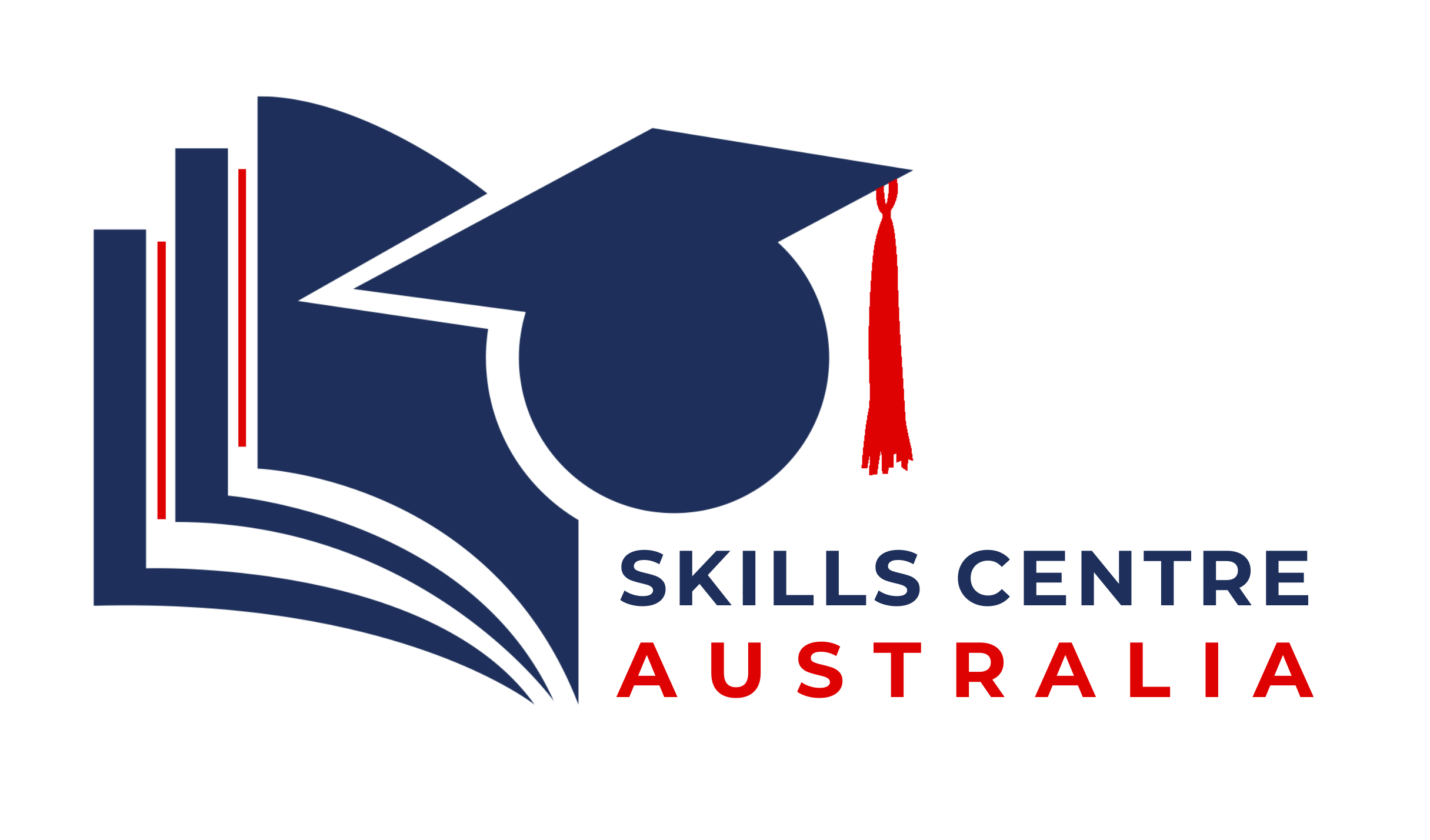Rapid technological advancements, research, and global health challenges consistently reshape the in-home healthcare landscape. In an industry that directly impacts the lives and well-being of millions, staying updated cannot be more critical.
Upskilling—acquiring new and relevant skills—has become essential for professionals in the in-home and community care sector. Here’s why:
- Evolving Clinical Technologies and Procedures: Clinical technology evolves at a breakneck speed. Tools that were once staples in diagnosis and treatment can become obsolete in just a few years. By upskilling, community clinical professionals can stay ahead of the latest technologies and procedures, ensuring they provide the best care possible and maintain their relevance in their field.
- Improved Client Outcomes: A well-informed in-home or community care professional is better equipped to offer effective client care. Continuous learning ensures that professionals are up-to-date with the latest treatment protocols, leading to better client care outcomes. Companies such as in-home service provider KompleteCare use regular upskilling of their staff to ensure their care is second to none. Thus, they have gained a professional reputation for quality care and staff in the industry.
- Meeting Regulatory and Compliance Standards: The healthcare industry is heavily regulated. Anyone working in this sector must know the latest local and international guidelines. Upskilling can help professionals navigate the intricate web of regulations, ensuring they and the company they represent remain compliant and avoid potential legal ramifications.
- Addressing Global Health Challenges: The recent COVID-19 pandemic underscored the need for adaptability and continual learning. Healthcare professionals across Australia had to quickly learn about a new virus, its treatment protocols, and preventive measures. Situations like these highlight the importance of always being prepared for unexpected global health challenges.
- Interdisciplinary Collaboration: When working with clients with NDIS funding or a Home Care Package, you are likely to be working with an allied health provider, and your care will involve following a care plan that will require assistance from carers like yourself. The modern approach to healthcare is becoming more interdisciplinary. Professionals from different medical backgrounds often collaborate for holistic client/patient care. By upskilling, in-home and community care professionals can gain insights into adjacent medical fields, fostering better collaboration and improving the overall care for their clients.
- Resilience in the Face of Change: The healthcare industry, like any other, is susceptible to economic fluctuation and policy changes, as we have recently seen with NDIS funding and the SCHADS award changes. Upskilling ensures that professionals are reactive and proactive in adapting to these changes.
- Fulfilling Ethical Responsibility: At its core, the healthcare industry is about saving lives and improving quality of life. As such, every healthcare professional has an ethical responsibility to be at the top of their game. Upskilling ensures they can fulfil this duty to the best of their ability.

Ahead of all the reasons listed is the importance regular upskilling can have to the advancement of in-home and community care careers and employment in Australia.
Beyond the immediate goal of patient care, upskilling can positively impact an in-home and community care professional’s career. Those who acquire additional qualifications or master new technologies can advance faster, occupy senior roles, or even shift into specialised clinical care areas.
With participants being spoiled for choice of providers in Australia, they can afford to be picky and choosy as to who they decide to take on as their care provider. Provider companies must find ways to put their business ahead of the rest. The best way to achieve this is to ensure their staff can deliver specialised and person-centred care.
The team at KC Skills Centre provides industry professionals with the ability to upskill in specific care areas that can be adapted to any client requirement. Companies can have their staff trained by industry professionals in small hands-on classes that ensure they can immediately go out into the community to successfully and appropriately provide up-to-date care or clinical assistance.
Upskilling in the in-home and community care industry isn’t just a trend—it’s a necessity.
It ensures that healthcare professionals, like KompleteCare, can provide the best client care, adapt to changes, and continue to make significant contributions to the well-being of society.
All in-home and community care professionals must view continuous learning as a fundamental aspect of their profession.

